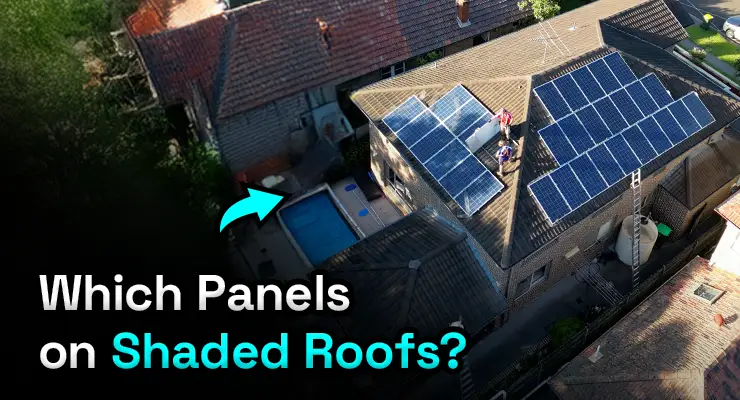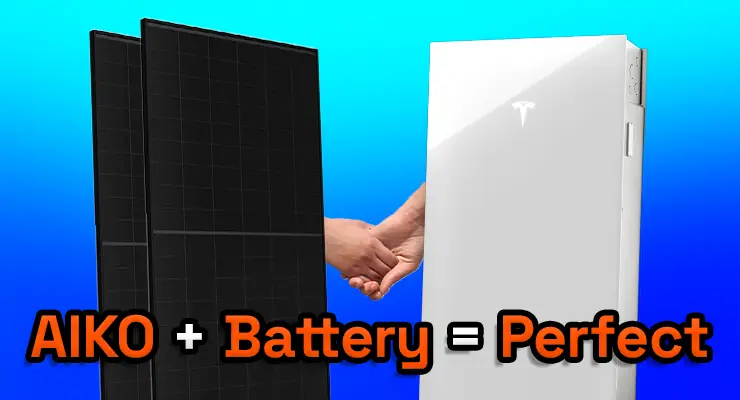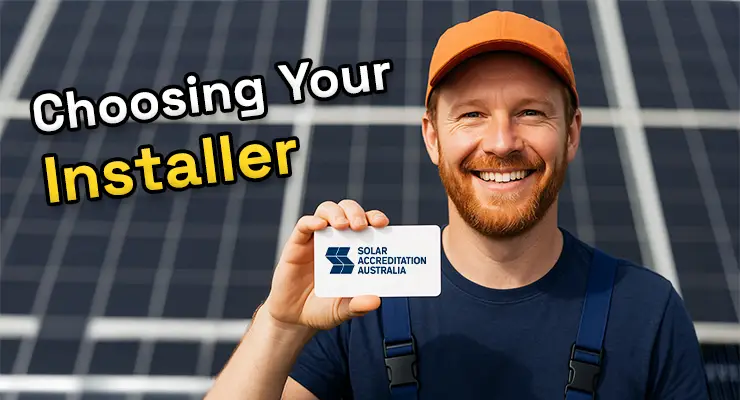Fast read
Financing a commercial solar system requires careful consideration of various options, including purchasing outright, obtaining a loan, opting for a Power Purchase Agreement (PPA), or leasing the solar equipment. Purchasing the system outright is ideal for businesses with available capital, offering immediate financial returns.
Green loans from banks or credit unions can also provide competitive interest rates for solar system purchases. PPAs involve a partnership with a solar provider, where businesses buy the electricity generated at a fixed rate over a specified period, resulting in cheaper electricity without the initial investment.
Solar equipment leasing, lasting between five to ten years, offers fixed lease costs and potential tax benefits. Careful financial modelling is necessary to determine the optimum solar panel system size and maximise returns. Additionally, Renewable Energy Certificates (RECs) such as Small Scale Technology Certificates (STCs) can provide rebates for solar systems up to 100 kW capacity.
How can you finance a commercial solar system?
Financing a commercial solar system isn’t always feasible solely from existing cash flow. Financing and leasing options all have cash flow impacts, risk, and tax considerations.
It is also possible not to acquire the commercial solar system but to have it owned by a third party who sells you the generated electricity at a set rate. This is called a Power Purchase Agreement (PPA). As with any finance option, a PPA will see a “middleman” introduced, who makes a margin.
Only sophisticated financial modelling can calculate the optimum commercial solar system size to maximise your financial return.
Are there rebates on commercial solar systems?
Renewable Energy Certificates (RECs) can be created via the Federal Government’s Renewable Energy Target (RET) Scheme. These effects can reduce the cost of a commercial solar system, as they are a kind of “rebate”.
Small Scale Technology Certificates (STCs) are available for commercial solar systems up to 100 kW capacity, allowing immediate redemption and serving as an enticing discount on upfront capital costs.
Regarding Large Scale Generation Certificates (LGCs), these are generated monthly or annually based on actual metered solar generation. They can be registered and sold continuously. However, the long-term LGC target in the Renewable Energy Target (RET) has been met, causing a substantial decrease in their value. Predictions indicate their value might plummet close to zero in the future.
Solar installation companies or the ISC can perform calculations for STC and LGC rebates. Commercial solar systems larger than 100 kW can be classified as power stations under the RET scheme, enabling the generation of LGCs.
So what are the different options for financing a commercial solar system?
Pay the system in total
Purchasing a commercial solar system outright using funds from the business is another viable option. This approach is particularly beneficial for companies with strong cash flow and available capital. By leveraging internal funds, businesses can acquire the commercial solar system without the need for external financing.
One of the primary advantages of purchasing the solar system outright is that it enables businesses to enjoy the full financial returns of the commercial solar system immediately. When you purchase a commercial solar system, all the energy savings and incentives will benefit your business directly. No additional payments or interest charges are involved.
Get a loan
Some banks and credit unions offer green loans to help businesses buy eco-friendly products, such as commercial solar panels. These loan amounts help businesses invest in eco-friendly solutions that are good for the environment and their profits.
One of the key advantages of green loans is that they often come with more competitive interest rates compared to other types of business loans. This makes them an attractive option for businesses looking to finance their commercial solar system installation while minimising borrowing costs.
Green loan terms are flexible and repayment options, so businesses can customize the loan to fit their needs and finances. If you need help paying for your solar system, a green loan can cover some or all the costs. It offers financial assistance for getting a commercial solar system.
Power Purchase Agreements (PPA)
A PPA is an agreement between your business and a solar provider. The solar installation company supplies and maintains the commercial solar system on your business’s roof.
You agree to buy the electricity generated by the commercial solar system at a fixed rate over a set period. Usually, the fixed rate per kWh is lower than the usual commercial rate. This way, one still can get cheaper electricity but does not have the initial outlay.
Solar Equipment Lease
An equipment lease allows your business to lease the solar system from a provider for a period. This timeframe is typically between five and ten years. This option may include maintenance and repair costs, making managing the system’s ongoing costs easier. Having a fixed lease cost, one can budget for the purchase, and leasing can also have favourable tax implications.
In summary
Financing a commercial solar system in Australia is a smart move for your business. It helps cut energy costs, makes your energy expenditure more predictable, and boosts sustainability efforts. But with so many options, it’s important to talk with your accountant to find the best fit for your business’s finances.
A few ways to finance your commercial solar system exist. You can get a solar loan, which spreads out the cost over time. Or you can opt for a solar lease or power purchase agreement (PPA), where you pay a fixed fee for the electricity your system generates.
Government incentives and rebates can also help lower the upfront costs. Your accountant can help you understand how these incentives work and which ones you qualify for.
By working with your accountant, you can figure out the best financing option for your commercial solar system. They can help you understand the tax implications and long-term savings of each option, so you can make the right choice.
In short, financing a commercial solar power system in Australia is a smart move that can save your business money and help the environment. With the help of your accountant, you can find the perfect financing solution for your needs.




